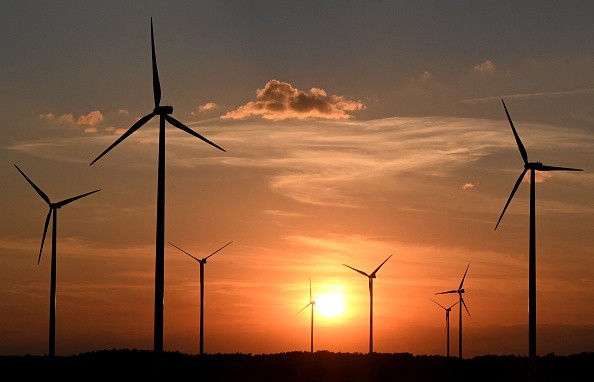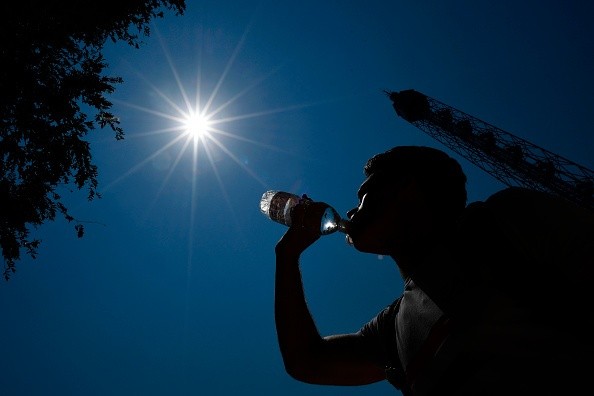A new summer heat-storing tech might soon be used in establishments. The new project called Adsorb (Advanced Distributed Storage for grid Benefit) is expected to demonstrate the new renewable energy system.

However, further tests are required before it is introduced to the public. Meanwhile, BEIS (Department for Business, Energy and Industrial Strategy) will fund the new thermal energy storage project through its so-called Longer Duration Energy Storage program.
The financial support of BEIS will come from the $1 billion Net Zero Innovation Portfolio (NZIP) funding.
Summer Heat-Storing Tech: Why is This a Big Deal?
According to SciTech Daily's latest report, the new summer heat-storing technology is quite a big deal since it can solve one of the major issues in renewable energy sources.

Intermittency is one of the main problems when it comes to acquiring and storing clean energy. Although wind and solar energy-storing systems are quite reliable, they are still dependent on weather conditions.
If there's no wind or sunlight, then no renewable energy will be stored or generated. Aside from this, the new thermal energy storage system of Adsorb can also reduce the high costs of renewable energies.
The new Adsorb project is now testing two different types of summer heat-storing technology. These are PCM (Phase Change Material) and TCS (Thermochemical Storage).
You can check this link to see more details about these two thermal energy storage technologies.
Other Clean Energy Innovations
Aside from the new thermal energy storage of Adsorb, ScienceDaily reported that a new wearable device that can harvest kinetic energy made by humans has been unveiled.
This new device is created by the University of Surrey's Advanced Technology Institute.
The Director of the University of Surrey's ATI explained why they created the new wearable device.
"The core mission of the Advanced Technology Institute is to help build a world where clean energy is available to all. Our energy-harvesting technology embodies this key mission," said Professor Ravi Silva.
In other news, the U.S. DOE recently announced that the United States heavily relies on wind energy. Meanwhile, the first U.S. commercial-scale offshore wind farm, Vineyard Wind 1, has been completed.
For more news updates about heat energy and other related topics, always keep your tabs open here at TechTimes.
Related Article : Are Smart Airconditioners Great Investment to Stay Cool This Summer? Avoid Getting Heat Stroke Inside Your Home
This article is owned by TechTimes
Written by: Griffin Davis
ⓒ 2025 TECHTIMES.com All rights reserved. Do not reproduce without permission.




